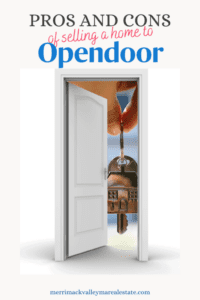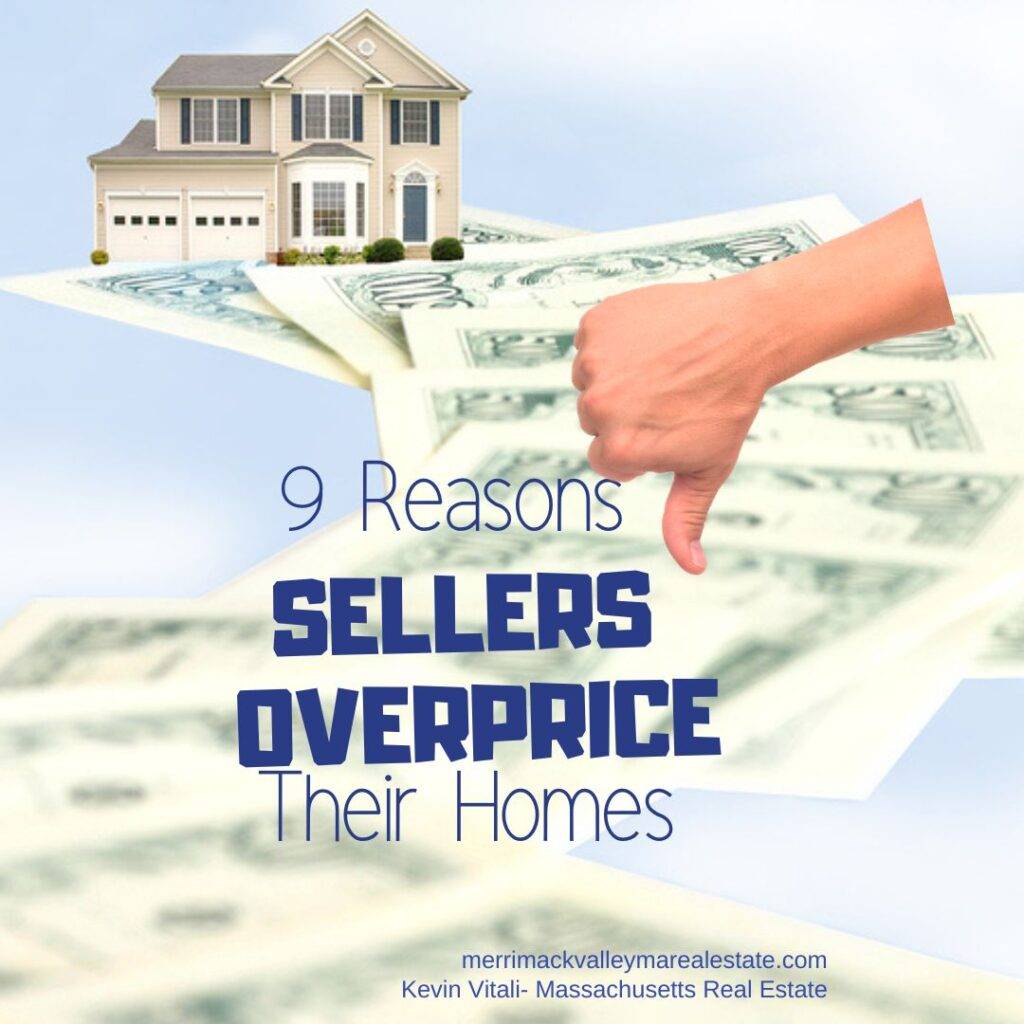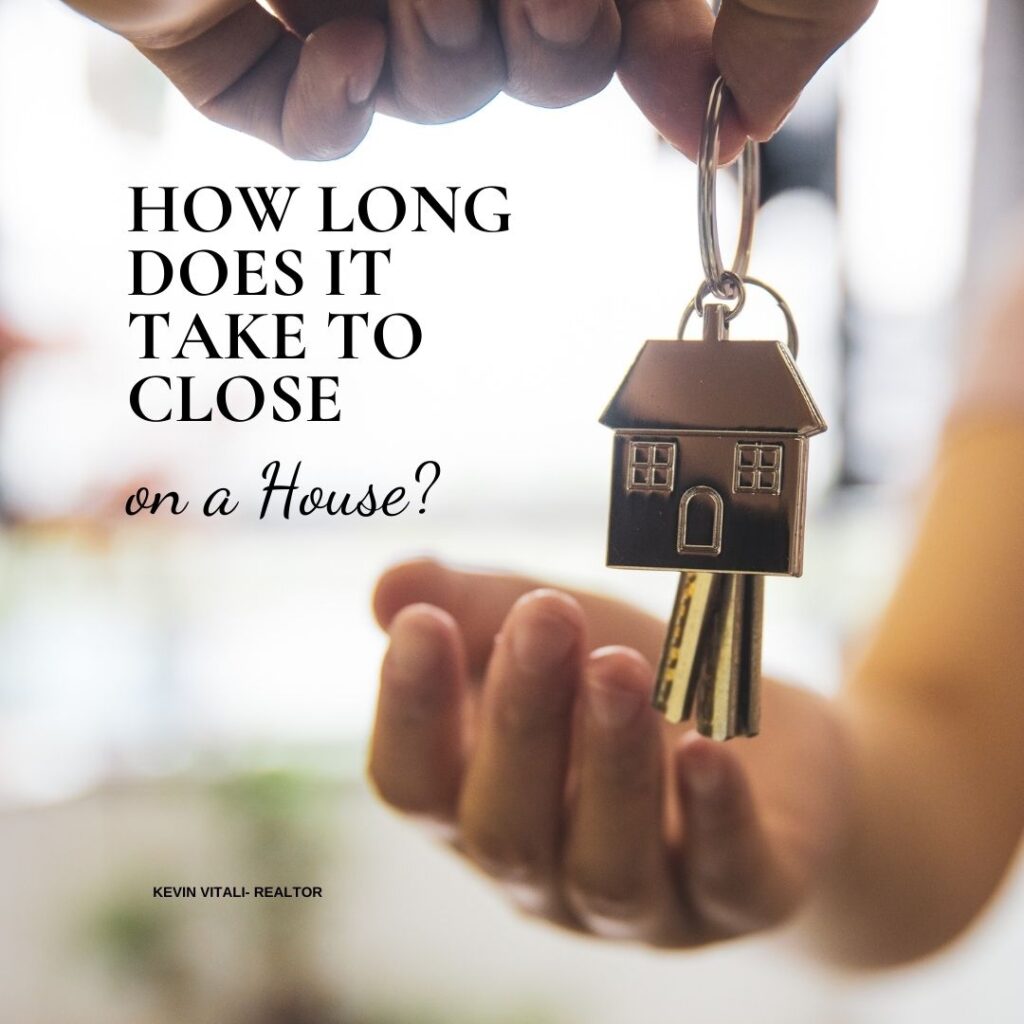
Opendoor is an online real estate company based in Tempe, Arizona. Their mission is to power life’s progress one move at a time.
Speed, ease and convenience are what the company promotes as to why you should sell your home to them. All of these are attractive reasons any seller might consider selling to Opendoor.
What home seller would love to close in two weeks without bothering to prepare the home or interview real estate agents?
But let’s take a look at what Opendoor is and the pros and cons of selling your home to Open Door
What Is Opendoor?
Opendoor is a relatively new real estate company, that started in 2014. It is in a class of companies called an “iBuyer“. And they have recently opened a location in the Greater Boston real estate market that services Essex County, Middlesex County and more.
What is an iBuyer?
An iBuyer breaks the traditional mode of selling and buying a home through the extensive use of technology and very little work for the home seller.
iBuyer stands for “Instant Buyer”.
Through the use of their technology and algorithms, they create an instant offer on your home (usually takes 24-48 hours). Getting an offer is as simple as going to their website and filling out a form in minutes. And, it’s free. This can significantly speed up the selling process.
If your home qualifies, they make you an instant offer and you can potentially close within days of acceptance. Meanwhile, the sellers skip the hassle of interviewing REALTORS, preparing their homes and foregoing open houses and showings.
Currently, the two largest companies in the iBuyer arena are Opendoor and Offerpad.
Other iBuyer Companies
Offerpad and Opendoor are probably the most successful and well know iBuyers in the business. There are a few other national companies as well as and some regional companies that would classify as iBuyers.
Real estate giants Redfin and Zillow had their own iBuyer divisions that have been shuttered as the model did not work for them financially.
The information in this post will apply to any iBuyer you run into. And you should go in armed with the knowledge provided.
How Selling Your Home to Opendoor Works
To start the home selling process with Opendoor, you go online and enter your home’s address. At this time you will give a few details about your home.
Within the next 24-48 hours, you should get an all-cash offer for your home along with the associated services fees and closing costs.
If you agree to their all-cash offer then you go ahead and electronically sign a purchase agreement.
From there you schedule a video walkthrough of your home. During the assessment, they will determine any repairs that need to be done to present your home.
Within a week Opendoor will either move forward or ask for a reduction for repairs. You will be given the option to accept their proposal, do repairs yourself or to refuse. The contract should have a repair contingency that allows you to walk away if you don’t agree.
If you are in agreement, you can close in as little as 14 days.
What Does It Cost To Sell Your Home Through Opendoor?
On their website, Open door states that the typical service fee is 5%. They have recently capped their fees but in the recent past fees could have been as high as 14%
There are a few points to remember here.
Make no bones about it, Opendoor and any iBuyer are in the business to make a profit.
Also, don’t forget there are often fees associated with selling your home above and beyond a real estate commission.
You will still have to plan on paying seller side closing costs which typically run 1-2% of the purchase price. Costs can be transfer tax of .456%, deed preparation, municipal lien certificate, TitleV, smoke and carbon monoxide certificate of compliance and more.
Opendoor Reviews
In searching for reviews I came across a few sites like Trustpilot, Yelp as well other review sites with some less than stellar. Many of the complaints revolved around the adjustments after the condition assessment.
Of course, their own website Opendoor.com had tons of reviews with an average of 4.4 stars and very few bad reviews.
But what was a little more concerning was some additional info I ran across:
The Federal Trade Commission reported that Opendoor will have to pay $62 million for deceptive trade practices. They cite that Opendoor is deceptive about the benefits of using their services. While this has supposedly been corrected, I still believe after visiting their site and reading additional information you will be receiving an offer close to fair market value on your home.
Furthermore, I ran into a few articles where it is reported that Yelp is preventing reviews from easily being shown. Inman News, a trusted industry news agency, has said that Opendoor and Offerpad reviews are hidden on Yelp. While they are there they are not found without having the direct link.
How Does Opendoor Make Money?
On Opendoors FAQ page they state they make money on the service fee that they charge. Which is typically 5%. They do not state that they make money elsewhere in the process.
But let’s not be naive.
First off fair market value is not a number you can pinpoint exactly.
There is going to be a range of 5 to 10% and given buying your house is profit driven they are going to automatically go to the low end and probably take a little bit more for a fudge factor.
On top of that, they will have carrying costs. Figure they will have to hold the property for a minimum of 90 days. Utilities, insurance, HOA fees, unexpected maintenance, lawn care, snow removal, etc… all need to be paid for until the home is resold.
Then when they close on a property they will also have closing costs of a few thousand dollars as a home seller.
If you think it through…..
Take a $300,000 condo. That’s a $15,000 service fee. That includes several thousand dollars of closing costs on both ends for them. Several thousand dollars in carrying costs. And, don’t forget about overhead. There’s not a lot of profit left for the amount of risk they take.
They need to profit elsewhere during the process.
A Real Transaction From Opendoor In Massachusetts
Opendoor is new to Massachusetts. There is one transaction they closed, a few on the market and one under agreement. The information is easily found in public records. But I think enough information was gathered to get a picture of what you could expect.
Will I Get What My Home Is Worth With An Open Door Offer
After reading everything online about Opendoor I was left with the impression that you would receive close to the true value of your home if sold on the open market. Meaning within 3-5%. Not bad for a hands-off transaction for the seller. You could easily give up a few percentage points for a quick transaction that is super easy and convenient.
But based on some research those numbers are looking more like 10% to 20%.
One sold property was a condominium in Bridgewater. It closed at $294,000 in December 2022. Opendoor purchased the unit 4 months prior for $240,300
So out of the $240,300, they would have been charged $12,015 as a service fee. If any repairs were done they were already deducted from the initial offer. Where did the other $53,700 of gross profit go?
Towards Opendoors bottom line. The seller left almost $54,000 on the table. What could you do with $54,000?
There was another home in Plymouth. Opendoor paid $499,800 and listed it for $569,900. It went under agreement immediately and sold for $560,000. This left a gross profit of $60,200.
Other Opendoor Transactions
We are going to quickly look at two other transactions currently in process by Opendoor in Massachusetts.
In the past week, they listed a home in Franklin for $490,000 that they purchased for $409,900. Granted the property hasn’t sold but even if it sells for $475,000 the seller left $65,100 on the table. How long would it take you to save $65,100?
The last one we will look at is a home currently under agreement in Plymouth. Open door paid $499,800 and listed it for $569,900. Given it went under agreement so quickly we will say it will sell close to the asking price which is $70,100 left on the table.
There certainly is nothing wrong with Opendoor making a profit. They are a business. Just realize as a seller it is not as transparent as one would hope. If you are considering Opendoor, do your homework and don’t be blind to the fact you are paying pretty dearly for the convenience.
Pros and Cons of Selling Your Home To Open Door
Selling your home to Opendoor could be a great alternative to a traditional agent-assisted sale for certain home sellers with some very specific needs.
But, it can also be the wrong solution for most home sellers.
Pros
Convenience The entire process is convenient. You skip everything that goes on with an agent-assisted sale. Very little time will be spent on the selling process for you and you can concentrate on moving on.
Speed From plugging in your address, to getting an offer, to close you can be at the closing table in 14-21 days…. start to finish. Opendoor allows you to pick your own closing date.
Cash Offer Cash offers are clean and simple and have far less pitfalls than an offer that includes a mortgage contingency. You will know your home will close and on what day, with no worries of a buyer not getting a mortgage or getting cold feet.
Cons
Sell Your House for Less With Opendoor your will net 9-18% less (data gathered from Opendoor listings in Massachusetts) than you would if you listed your home with a REALTOR. iBuyers are in the business to make money and they will at every turn. You will be for the speed and convenience by receiving less proceeds from the sale.
Expectations May Not Be Met Because the “iBuyer” model is relatively new, marketing only highlights the good and if you are not a savvy home seller, expectations will not fall short. The biggest being you will not get fair market value for your home.
Lack of Negotiation Opendoor is in the business of making money. One of the biggest complaints in their reviews was they had no negotiating leverage when Opendoor did their assessment and came back with repair reductions.
Versus a traditional home buyer who will be more flexible. They are buying because they want a home and not for profit.
Who should consider getting an offer from Opendoor on their home?
Opendoor is perfect for a buyer who wants or needs to sell quickly. And/or wants to skip the hassle of traditionally listing their home with a real estate agent.
A traditional agent-assisted sale could include weeks or months of preparing your home, paying for needed repairs, interviewing agents, weeks of open houses and showings, back-and-forth negotiations and crossing your fingers that it will close on time.
Why would someone want to sell quickly and leave money on the table?
-
- Estate or Divorce where one might not have the emotional fortitude to go through the traditional selling process.
-
- Financial Distress in one’s life can cause a need for a quick liquidation of assets.
-
- A quick sale is required because you already have another house under agreement and you need the cash to close.
Who is Opendoor sale not suited for?
An Opendoor sale is not for someone trying to maximize the net proceeds from the sale of their home. If realize the maximum profit potential from your home is your priority then selling your home to Opendoor or any iBuyer is not an option.
Selling to Opendoor is also not for the inexperienced home seller.
What you don’t know about the market and selling a home can leave you inadvertently losing tens of thousands of dollars. Their marketing materials are vague about getting full value for your home. I believe many of the unhappy customers leaving bad reviews are due to a lack of understanding of what they Opendoor does.
Here’s The Rub
Many sellers go into the process not understanding that Opendoor and any iBuyer are in business to make money. I believe many of the unhappy customers leaving bad reviews are due to a lack of understanding of what they do.
I believe sellers also believe that they will offer fair market value for their homes.
Fair market value is a tricky thing. They will always err on the side of caution to maintain their profit. And as I showed above they will profit handsomely from your home.
Here’s the key.
For fair market value, it requires a home to be subjected to the open market with reasonable market times. That means being exposed to a large majority of potential buyers. The 2022 market, with offers going way above asking, showed us that buyers will pay what they think a home is worth.
With Opendoor you only have one buyer coming to the table. Your home has not been exposed to the open market.
Understand going into the process that you are paying for speed and convenience. You cannot have your cake and eat it too and get top dollar at the same time.
You will net more money listing your home traditionally with a real estate agent. Expect that by selling your home directly to Opendoor you will net less money than with a traditional sale. If you go into it with that understanding you can accept their number or come to the conclusion you want to male more out of the sale of your home.
There is nothing wrong with not wanting to go through with the hassle of selling your home with a local agent and avoiding any hassle. And for some sellers, selling their home to Open door can be a viable option for the right reasons.

Other Options
If selling your home quickly with little hassle is important, investigate several avenues.
Local Investor or House Flipper A local investor who will pay cash for your house and flip it could be another option. The advantages are they may be more hands-on, very familiar with the market your home is in and a little more transparent.
Other iBuyers Get quotes from other iBuyers to see who will provide you with the best deal. Opendoor does have a reputation for giving higher offers.
Your Local Real Estate Agent Be honest with your local real estate agent that you want it done quickly with little hassle. Most sellers hire an agent to maximize return but if we know what your goals are we can put a marketing plan in place that speeds up the process with less hassle. And we can get you more money to boot!!
Summary
You have all the information you need to have a full understanding of selling a home to Opendoor or really any iBuyer.
There may be circumstances in your life that make a home sale to Opendoor a good option.
But realize you can’t have your cake and eat it too.
The convenience, ease and/or speed with which a sale can happen with an iBuyer will cost you. You will leave money on the table.
As long as you know that and it makes sense for where you are at the moment, Opendoor in a matter of days can give you a real number on your home and within weeks have you at the closing table.
Other Resources:
-
- With the next Fed meeting coming up many investors are wondering what’s going to happen. But how does a recession affect real estate markets? Paul Sian discusses what a recession means to a real estate market.
-
- Getting to the closing table can sometimes have its challenges. Vicki Moore explains that when dealing with an HOA it adds to finalizing the transaction. As a home seller be proactive to avoid delays from your HOA.
-
- Renovate or buy new construction? Sharon Paxson covers the pros and cons of each. While new construction may be nice, renovating may allow you to create the perfect space in a home you already love.
-
- Unpermitted work can put a damper on a home sale. Bill Gassett covers what to do when you find there is unpermitted work on a home you are about to buy.
Pros And Cons Of Selling My Home To Open Door is provided by Kevin Vitali, your local Massachusetts REALTOR. Thinking of selling your home? Call me for your free home consultation and let’s get you started on a new home. 978-360-0422




